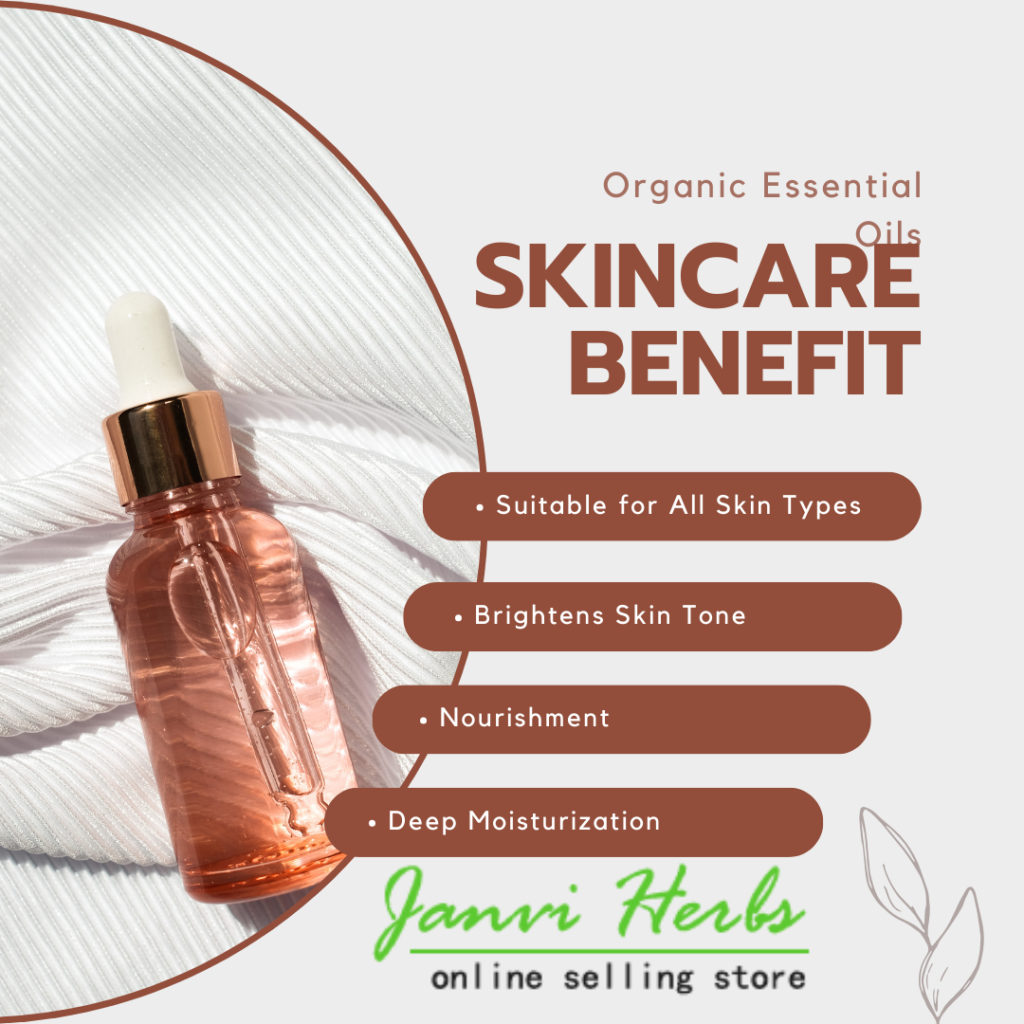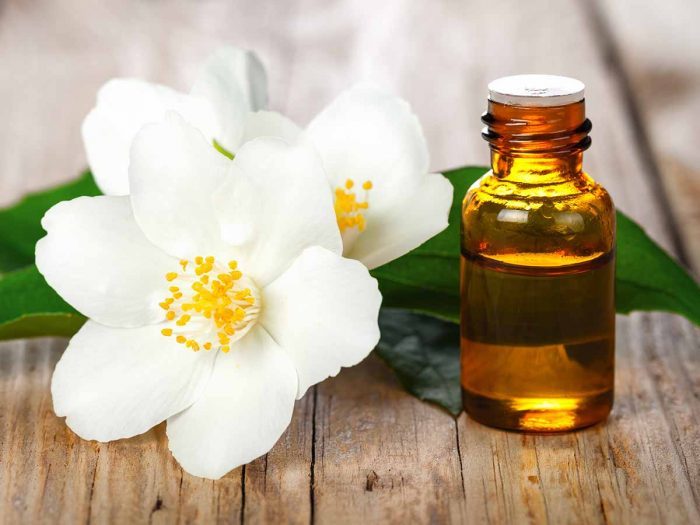Essential oils have surged in popularity, capturing the interest of health enthusiasts and wellness practitioners alike. These concentrated extracts from plants offer a wide array of benefits, from boosting mood to supporting skin health. In this comprehensive guide, we’ll explore essential oils in depth, covering their uses, benefits, and best practices. Whether you’re new to aromatherapy or a seasoned user, this guide will help you harness the power of essential oils effectively.
Understanding Essential Oils
Organic Essential oils are potent, aromatic extracts derived from various parts of plants, including flowers, leaves, bark, stems, and roots. They are extracted through methods such as steam distillation or cold pressing. Each oil embodies the unique characteristics and therapeutic properties of the plant from which it originates. Essential oils for relaxation, skin care, and more offer a natural way to support your well-being.
The Benefits of Essential Oils
- Stress Relief and Relaxation
One of the most sought-after benefits of essential oils is their ability to alleviate stress and promote relaxation. Essential oils for relaxation like lavender oil, chamomile Oil, and bergamot are well-known for their calming effects. Lavender, in particular, is renowned for its soothing properties. Diffusing lavender essential oil in your home or adding a few drops to your bath can help ease anxiety and create a serene environment. Similarly, chamomile oil is excellent for unwinding after a long day, and bergamot can elevate your mood, reducing feelings of tension and nervousness.
- Improved Sleep
For many people, achieving a restful night’s sleep can be a challenge. Essential oils for sleep can offer a natural remedy. Lavender oil is celebrated for its sleep-enhancing properties. Its gentle aroma promotes relaxation and can help you fall asleep more easily. Cedarwood oil and sandalwood are also known to support sleep by calming the nervous system. Using a diffuser with these oils before bedtime can create a calming atmosphere conducive to better sleep.
- Skin Care
Essential oils are increasingly popular in skin care routines due to their potent benefits. Essential oils for skin care, such as tea tree, frankincense, and rosehip, have properties that can address various skin concerns. Tea tree oil is widely used for its antibacterial properties, making it effective for treating acne. Frankincense oil has anti-aging benefits and can help reduce the appearance of fine lines and wrinkles. Rosehip oil is rich in vitamins and fatty acids, which help nourish and hydrate the skin. Adding a few drops of these oils to your daily moisturizer or creating a DIY essential oil recipe can enhance your skincare regimen.
- Hair Care
In addition to skin care, essential oils are beneficial for hair care. Essential oils for hair care like rosemary, peppermint, and lavender can promote healthy hair growth and improve scalp health. Rosemary oil is known to stimulate hair follicles, potentially enhancing hair growth. Peppermint oil has a cooling effect and can improve circulation to the scalp, while lavender oil helps maintain a healthy scalp environment. Incorporate these oils into your shampoo or conditioner for a natural hair boost.

- Pain Relief
Essential oils can be a natural alternative for managing pain. Essential oils for pain relief, such as peppermint, eucalyptus, and ginger, are often used to ease muscle soreness and discomfort. Peppermint oil contains menthol, which has analgesic properties that can provide relief from tension headaches and muscle pain. Eucalyptus oil has anti-inflammatory properties that can help with joint pain, while ginger oil is known for its warming effect, which can alleviate menstrual cramps and other types of pain.
- Energy and Vitality
When you’re feeling drained, essential oils for energy can help revitalize your senses. Citrus oils, including orange and grapefruit, are known for their uplifting and energizing effects. These oils can help enhance your mood and improve focus. Using a diffuser with citrus oils in your workspace or home can create an invigorating atmosphere that boosts productivity and mental clarity.
- Immune Support
Supporting your immune system with essential oils is another way to promote overall health. Essential oils for immunity, such as tea tree, eucalyptus, and lemon, have properties that can bolster your body’s defenses. Tea tree oil has antimicrobial properties that help fight off infections. Eucalyptus oil supports respiratory health, while lemon oil boosts overall wellness. Incorporating these oils into your routine, either through a diffuser or topical application, can help keep your immune system in check, especially during flu season.
- Anxiety Management
Managing anxiety naturally can be achieved with essential oils. Essential oils for anxiety, including lavender, ylang-ylang, and bergamot, are known for their calming effects. Lavender oil, in particular, has been studied for its ability to reduce anxiety and promote relaxation. Ylang-ylang oil can help balance emotions, and bergamot oil has mood-lifting properties. Diffusing these oils or using them in a personal inhaler can provide soothing relief during stressful moments.
- Headache Relief
Essential oils can be a valuable tool for relieving headaches. Essential oils for headaches, such as peppermint and lavender, offer natural solutions. Peppermint oil contains menthol, which helps relax muscles and alleviate tension headaches. Lavender oil’s calming effect can also reduce headache symptoms. Applying diluted oils to your temples or using them in a steam inhalation can provide effective relief from headache pain.
- General Wellness
Essential oils for wellness encompass a broad range of benefits, from balancing the mind to supporting physical health. Using essential oils in your daily routine can promote a sense of well-being and balance. Blends designed for wellness often include a combination of oils that support mental clarity, emotional balance, and overall vitality. Whether used in a diffuser or applied topically, these oils contribute to a healthier lifestyle.
How to Use Essential Oils Safely
- Diffusers
Diffusers are one of the most popular methods for using essential oils. Diffuser oils are added to a diffuser to disperse the aroma throughout a room, creating a pleasant and therapeutic environment. This method is ideal for stress relief, mood enhancement, and improving air quality.
- Topical Application
Essential oils can be applied directly to the skin but should always be diluted with a carrier oil, such as coconut or jojoba oil, to prevent irritation. Essential oils for pain relief, skin care, and hair care are commonly used in this manner. Dilute the essential oil to 1-2 drops per teaspoon of carrier oil and apply it to the desired area.
- Inhalation
Direct inhalation of essential oils is another effective method. You can inhale the scent from the bottle, use a personal inhaler, or add a few drops to a bowl of hot water for steam inhalation. This method is particularly useful for respiratory issues, mood enhancement, and alleviating headaches.
- DIY Recipes
Creating your own essential oil recipes allows for customization and personal preference. From homemade face masks to bath salts and room sprays, essential oil recipes offer a way to tailor blends to your specific needs. Combine essential oils with other natural ingredients to enhance their benefits and create unique solutions.
Essential Oil Safety and Best Practices
- Choose Quality Oils
The effectiveness of essential oils relies on their quality. Always opt for pure, organic essential oils from reputable sources to ensure you’re receiving the full therapeutic benefits. Avoid oils with synthetic additives or fillers.
- Conduct Patch Tests
Before applying essential oils topically, perform a patch test to check for any adverse reactions. Apply a small amount of diluted oil to a discreet area of skin and wait 24 hours to see if there is any irritation.
- Dilute Properly
Essential oils are highly concentrated and should always be diluted with a carrier oil before application. The general recommendation is to use 1-2 drops of essential oil per teaspoon of carrier oil. Proper dilution helps prevent skin irritation and ensures safe usage.
- Avoid Sensitive Areas
Keep essential oils away from sensitive areas like the eyes, mucous membranes, and open wounds. If accidental contact occurs, rinse thoroughly with water and seek medical advice if necessary.
- Consult Professionals
If you are pregnant, nursing, or have underlying health conditions, consult a healthcare provider before using essential oils. Some oils may not be suitable for certain individuals, so it’s important to get professional advice.
- Store Properly
Store essential oils in a cool, dark place to maintain their potency and extend their shelf life. Proper storage ensures that the oils remain effective and safe to use.
- Consider Children and Pets
When using essential oils around children and pets, exercise caution. Some oils can be harmful if ingested or improperly used. Research safe usage guidelines and consult experts if you have concerns.
Conclusion
Essential oils offer a rich array of benefits that can enhance your overall well-being, from relaxation and improved sleep to skin care and energy boosts. By understanding their uses and following best practices for safety and application, you can effectively incorporate essential oils into your daily routine. Whether you’re seeking stress relief, pain management, or general wellness, essential oils provide a natural and versatile solution. Embrace the transformative power of these plant extracts and enjoy the myriad ways they can enrich your life. Happy exploring!









